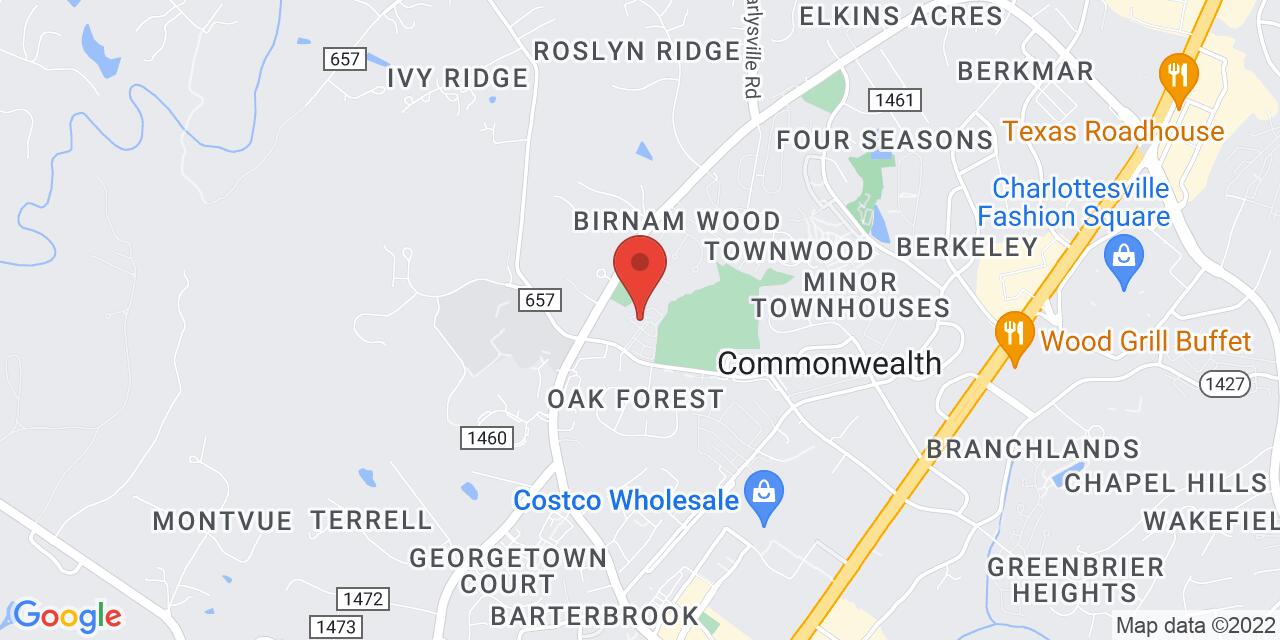Medicare and Medicaid are two different government programs for healthcare. It is important to understand…
Alzheimer’s Association Walk to End Alzheimer’s
Beth Norton, the founding attorney at Norton Health Law, is serving as this year’s team recruitment chair for the local Alzheimer’s Association Walk to End Alzheimer’s. To raise support and awareness for this important event taking place on November 6th in Charlottesville, she wanted to share a personal story about her own family’s battle with dementia.
In My Own Words (Beth Norton)
I can’t remember the first time I heard the word “Parkinson’s”. My parents had just always told me my grandfather had it. When I was a kid, I thought it just made his hands shake. I had no idea he would die from it and had no idea it would lead to dementia.
Sometime in my late teens, my mom told me my grandfather had to go live in a nursing home because he had was suffering from paranoia so bad that he pulled a knife on my grandmother. They had been happily married for almost 50 years, but his dementia caused him to believe she was poisoning his food, causing him to lose his mind.
The nursing home took good care of my grandfather, but at some point, my grandmother, my dad, and his three sisters decided he would never want to live without his mind. My grandfather’s mind meant everything to him. He was incredibly intellectual. He had a wall of books with titles I could hardly pronounce as a kid, much less understand. He graduated from the U.S. Naval Academy and rose to the rank of Commander in the Navy before having to retire in his 40s after he was diagnosed with Parkinson’s.
By the end, he couldn’t even feed himself. When he started having trouble swallowing food even with assistance, my family made the agonizing decision not to have him fed with a feeding tube, deciding to provide him only with comfort care in the hospital until he died about two weeks later.
The challenges my grandmother and the rest of my family faced at the end of my grandfather’s life were difficult, to say the least, but the challenges of caring for someone with dementia is even more challenging today.
How Prevalent Is Dementia?
Worldwide, there are nearly 50 million people living with dementia. Each year, there are approximately 10 million new cases. In the United States, more than 6 million Americans are living with Alzheimer’s disease. One in three U.S. citizens die with Alzheimer’s or another form of dementia. The illness kills more people than breast cancer and prostate cancer combined.
The Costs of Dementia
In the beginning, a person with dementia may suffer from confusion and have difficulty regulating their emotions. Often, they feel frustrated and angry with themselves or others because they have trouble making sense of the world and performing everyday tasks.
People with dementia lose their memory, have trouble concentrating, planning, and thinking things through. They struggle with language and communication, suddenly finding everyday tasks difficult, and they experience intense mood swings. Because the disease interferes with their ability to work and take care of themselves, they often feel ashamed and lose their sense of independence and dignity when they need to be taken care of by others.
Dementia is difficult not only for the individual directed affected, but also for their family and caretakers. More than 11 million Americans provide unpaid care for people with Alzheimer’s or other dementias, often at the expense of their own careers. In 2020, family members and other caretakers provided an estimated 15.3 billion hours of care valued at nearly $257 billion. Women bear the brunt of these economic costs – usually daughters leaving work to care for an aging parent.
The physical, emotional, and financial costs of dementia are difficult to overestimate.
What About Hired Caregivers and Assisted Living Facilities?
The worldwide cost of dementia care is approximately $1 trillion. At-home care for Alzheimer’s patients costs $16 to $28 an hour, which can be unsustainable for patients who need around-the-clock care. Meanwhile, the cost for assisted living facilities ranges from $2,844 to $9,266 per month.
Additionally, assisted living facilities that provide memory care are limited and in high demand. Some turn patients away due to difficult behaviors, leaving them stranded and without a place to go.
Even when there is a facility willing to accept and care for an individual with dementia, most facilities are disastrously understaffed, leading to substandard care and injuries. Staff may also lack the training needed to deal with cognitive issues, which sometimes results in patients’ behavioral issues escalating to the point of being transported by police to the hospital in handcuffs.
Once hospitalized, individuals are often forced to spend months in the hospital because there is nowhere else to go, vastly increasing the cost of care, diminishing the individual’s already diminished quality of life, and placing an extraordinary burden on our already overburdened hospitals.
How Can I Help?
First, you can write your elected officials and demand they find solutions to these. Baby boomers are now coming of age in terms of dementia, and the problems are growing at an exponential rate. We must find solutions to this growing problem and our families and private healthcare system cannot solve these problems alone.
We need more facilities and we need more funding for existing facilities to care for this ever-growing population. We also need greater oversight of the facilities who are profiting from providing unsafe, substandard care of our vulnerable, elderly neighbors and family members. Let your state and federal officials know that our current policies, particularly those around Medicare and Medicaid, are not cutting it. Families and caregivers need more resources and our vulnerable elderly need greater protection.
Governor Northam is a physician, so he is in a unique position to address this issue – we must demand action before he leaves office.
Second, you can start a team and walk with us at the 2021 Walk to End Alzheimer’s in Charlottesville on November 6th. Together, we will walk in unity to show our support for those suffering from dementia. We will raise funds to provide them, their families, and caregivers with greater resources to diminish the tremendous impact of dementia, as well as funds to conduct more research regarding the causes, treatment, and one day, a cure to end Alzheimer’s and other dementias for good. We will raise awareness of this public health crisis, and we will demand government action to find solutions to this epidemic.
No other community has been impacted by the COVID pandemic as deeply and negatively as those living with Alzheimer’s and other dementias. Many were left isolated in locked-down facilities for over a year without any way of understanding why they were left alone. And, of course, many died in facilities of COVID, as the virus rampaged through long-term care facilities, some of them even experiencing 100% infection rates.
Please join us in our fight to end Alzheimer’s and other dementias, and to show our love and support to those affected.
If you would like to join The Alzheimer’s Association Walk to End Alzheimer’s®, please register online (opens a registration page in a new window).




